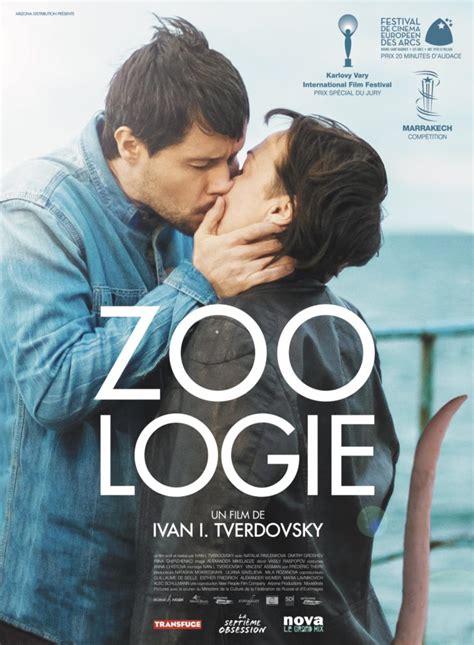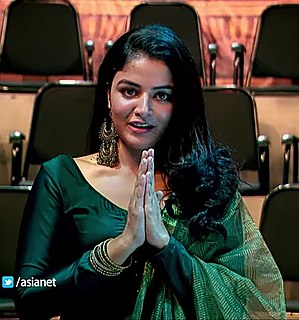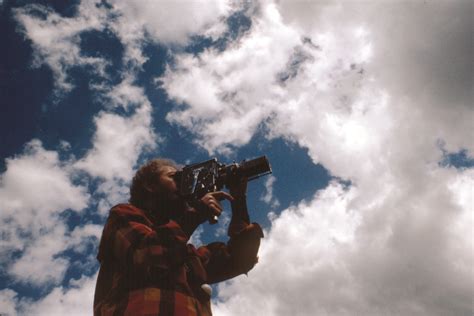A Quote by George Hickenlooper
At times doc filmmaking feels more rewarding creatively. Because you are creating something out of pure cinema - instead of narrative cinema, where you've got a script and a cast and you build from your foundation, whereas in documentary, you're building out of chaos.
Related Quotes
Narrative, fiction filmmaking is the culmination of several art forms: theater, art history, architecture. Whereas doc filmmaking is more pure cinema, like cinema verité is film in its purest form. You're taking random images and creating meaning out of random images, telling a story, getting meaning, capturing something that's real, that's really happening, and render this celluloid sculpture of this real thing. That's what really separates the power of doc filmmaking from fiction.
The structure of my novels has nothing to do with the narrative mode of cinema. My novels would be very difficult to film without ruining them completely. I think this is the area where writers need to place ourselves: from a position of absolute modernity and contemporaneity, creating a culture of objects which cinema cannot.
Just look at the cinema itself: It's comprised of lots of movies about graphic novels, and if you're not 20 years old and wearing a cape and a mask and white, you're out of business. Today's cinema is a proliferation of comedies, which are in some ways creating caricature images. They're one-dimensional.
My films are intended as polemical statements against the American 'barrel down' cinema and its dis-empowerment of the spectator. They are an appeal for a cinema of insistent questions instead of false (because too quick) answers, for clarifying distance in place of violating closeness, for provocation and dialogue instead of consumption and consensus.


































